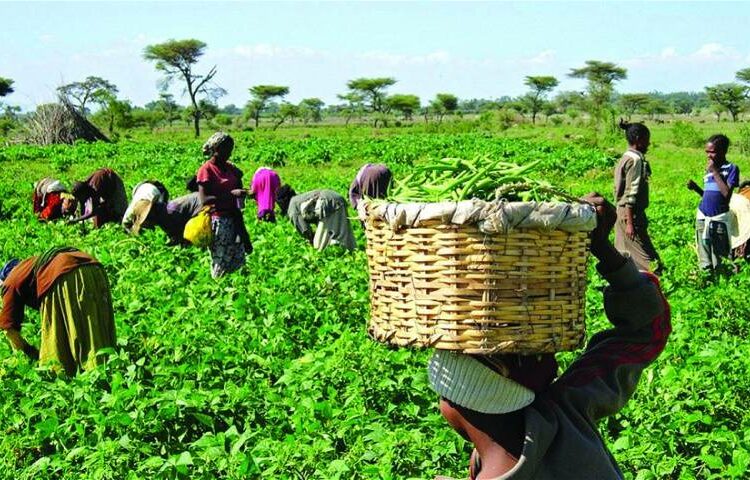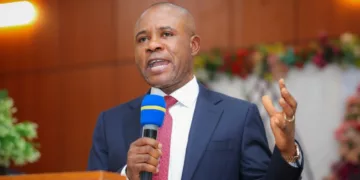Deutsche Partners Holding (DPH), a financial services firm, has called for sustainable energy and agricultural infrastructure development. These fuel economic stability by forming a vital cycle that can lift societies out of poverty, create jobs, and drive innovation.
The managing partner, DPH, Dr Onuoha Nnachi made this call while addressing journalists in Abuja yesterday ahead of the third edition of the Infrastructure Dialogue which holds at the Yar’Adua Center in Abuja this Thursday with the theme: “Financing Sustainable Energy and Agricultural Infrastructure for Economic development.”
Nnachi said, achieving sustainable energy and agricultural infrastructure development requires investment – a bold, strategic financing that bridges the gap between ambition and action.
According to him, the three key pillars of this effort include collaboration, innovation, and impact which must be vigorously pursued to ensure sustainable energy and agricultural infrastructure development.
“First, collaboration. No single government, company, or organization can tackle the infrastructure gap alone. Public-private partnerships are essential to pool resources, share risks, and amplify results. Governments can set the stage with policies that incentivize green energy and modernize agricultural systems, something like tax credits for solar-powered irrigation or subsidies for climate-resilient crops.
“Private sector leaders, meanwhile, bring capital, expertise, and cutting-edge technology to the table. International organizations and development banks can further catalyze these efforts with funding and technical support. With a mix such as this, we can build sustainable infrastructure like roads to transport crops, grids to deliver clean energy, and storage systems to reduce waste.
“Second, innovation. Financing sustainable infrastructure is about rethinking how we allocate resources. Green bonds, for instance, have emerged as a powerful tool to fund renewable energy projects, from wind farms to microgrids that power rural farms.
“Blended finance models, combining public grants with private investment, can unlock opportunities in regions where risks might otherwise deter funders. And let’s not overlook the role of technology: digital platforms can connect small-holder farmers to markets, while Ai-driven tools can optimize energy use in real time. These innovations don’t just save money, they create value, turning infrastructure into an engine of growth.
“Finally, impact. Every penny we invest must deliver measurable results. Sustainable energy infrastructure reduces carbon emissions, improves air quality, and cuts energy costs for farmers and businesses. Agricultural infrastructure, whether it is cold storage, efficient irrigation, or rural electrification, boosts productivity, reduces food loss, and strengthens food security. These outcomes ripple outward, creating jobs, raising incomes, and stabilising communities. Whatever funds are put into these are investments in human potential and economic resilience,” he said.
Nnachi called on all policymakers, business leaders, financiers, and citizens, to commit to this shared mission. “Let us prioritize projects that deliver clean energy to rural areas. Let us fund the infrastructure that gets crops from fields to markets. Let’s measure success not just in profits, but in people lifted up and ecosystems preserved.
“This dialogue is just the beginning. We shall work with partners in the coming months to develop concrete proposals, secure commitments, and turn words into action. Thus, we invite you to join us and bring your ideas, resources, and resolve. Together, we can build an infrastructure legacy that powers economies, sustains agriculture, and protects our planet for generations,” he added.











